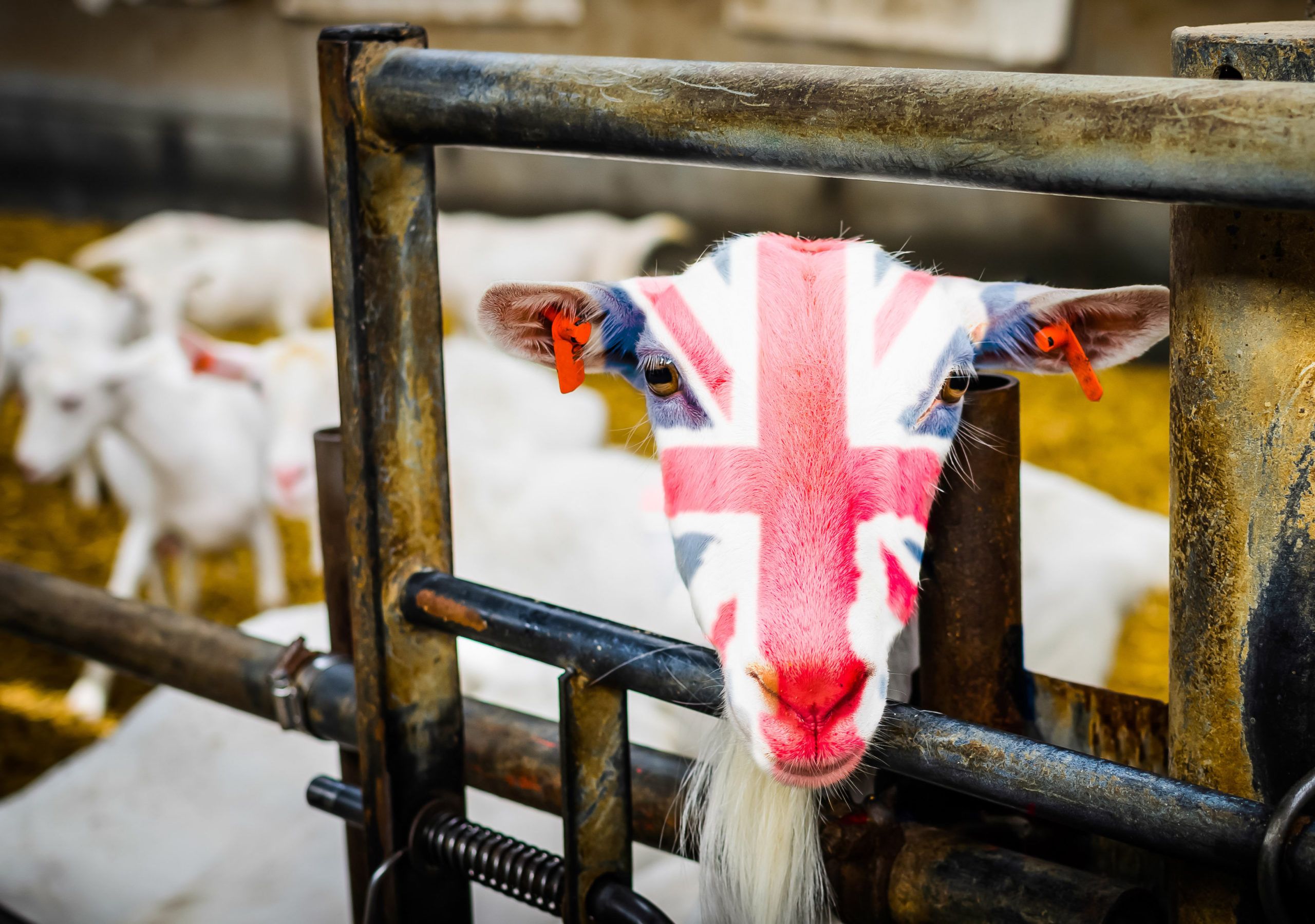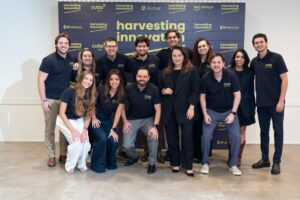Britain’s Agriculture and Horticulture Development Board (AHDB) is committing £5m ($6.9m) to fund the country’s farm sector PhD students in an effort to overhaul the UK industry’s “fragmented” innovation and skills pipeline.
The funding announcement comes in the wake of an AHDB report which identified a UK productivity gap worth over £4 billion ($5.5b) in lost Gross Domestic Product (GDP), with Britain being portrayed as falling well behind other “competitor countries”.
While the £5m commitment, to be spent over five years, follows a similar PhD-based £4m spend by AHDB over the past five years, the new fund is claimed to signal a definite change of emphasis, especially in relation to driving new PhD students to focus more on industry needs and commercial outcomes than in the past.
“This investment will help universities forge stronger links with the UK’s fast-evolving agricultural industry by delivering practical technical developments which are relevant to industry priorities,” said AHDB chief technical officer, Richard Laverick.
“Traditionally, what has often happened is that PhDs and the ideas and projects behind their research have tended to come forward without a link to a commercial end point or an on-farm application. The change in focus now, therefore, is to specify the areas that we are interested in so that the PhDs that come forward can show they have a clear commercial end in view,” said Laverick.
While agreeing that £5m over five years is a relatively modest spend, Laverick pointed out that it was still a very significant slice of AHDB’s current £25m budget for research and knowledge exchange. He also said that the money would hopefully be matched in many cases by commercial partners, adding substantially to the total funding being made available to support Ph.D. research.
“While, as a levy-funded organization, we aren’t involved in developing commercial opportunities,” he said, “we are heavily focused on making sure that the emphasis of Ph.D. programmes become much more directed towards the delivery of practical industry applications than has previously been the case.”
Student interest in agriculture in Britain certainly seems strong enough to yield positive results in the future, with agricultural student admissions in the UK having risen by more than a quarter over the last decade, from 1,485 in 2008, to 2,085 in 2017.
Despite this, AHDB commented that the UK must overhaul its “fragmented” innovation and skills pipeline to drive change within the sector and keep pace with competitor countries, adding that Ireland, Denmark, and the Netherlands all showed up better than the UK when comparing such issues.
“The experience of other countries tells us that those with more integrated and coordinated knowledge exchange frameworks stand a better chance of growing productivity,” said Laverick. “Working with industry, research organizations, charities and other funders towards the same goal will be the key to the UK’s success in years to come.”
AHDB’s new investment in PhDs will begin with the release of £900,000 towards supporting agricultural Ph.D. courses in 2018.
“Investment in agricultural innovation has been bolstered in recent years through the government’s Agri-Tech strategy,” said AHDB. “Public and private sector funding totaled approximately £490m in 2015, putting the UK ahead of some of its main competitors in terms of investment as a proportion of gross value added (GVA).
“However, public funding of agricultural R&D remains heavily skewed towards ‘blue sky’ research, rather than near-market application.”
Welcoming today’s announcement, Jim Monaghan, director of the Fresh Produce Research Centre at Harper Adams University, said: “We really need to attract more skilled young people into technical careers in agriculture to address the coming challenges of feeding the UK in a changing world. AHDB PhD studentships are part of the solution; the students get the best of both worlds, sound scientific training linked to real-world problems.”





